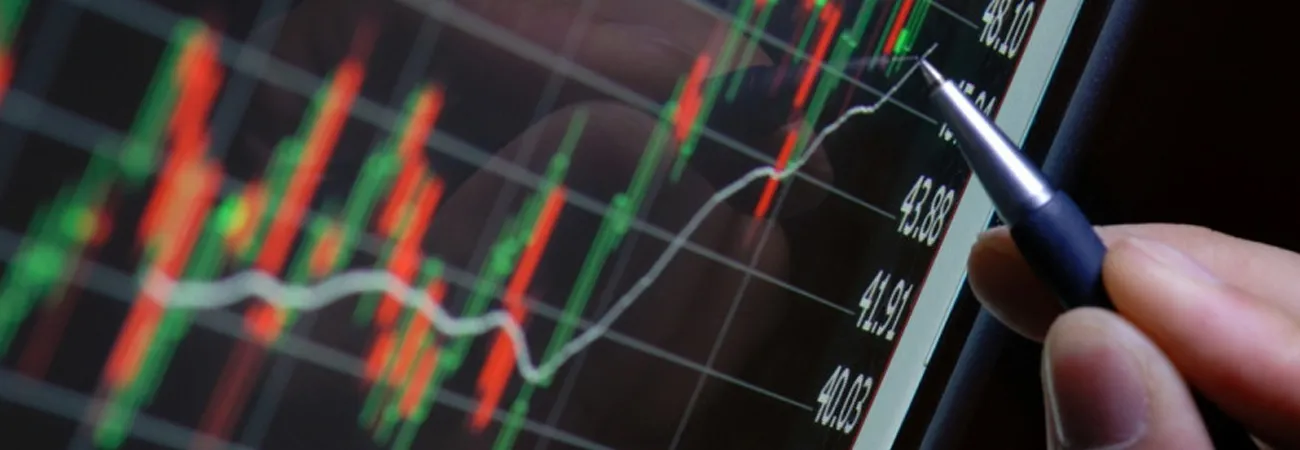i ECONOMY
The ongoing rise in Pakistan's fiscal expenditure has not only exacerbated budget deficit but also affected socio-economic indicators. Talking to WealthPK, Senior Chief Economist at the Ministry of Planning, Development, and Special Initiatives Muhammad Abid Razzaq emphasized that despite the anticipated decrease in inflation, attributed to factors such as diminished inflationary pressures and global price declines, concerns remain about the growing fiscal deficit and its potential impact on Pakistan's economic stability. Total expenditures during the first seven months of the current fiscal year surged by 49% to Rs7.532 trillion, with the current spending rising by 45%, primarily driven by a substantial increase in mark-up payments. However, efforts to control the non-mark-up expenditures yielded positive results, leading to a significant increase in the primary surplus. During the initial seven months of the current fiscal year, Pakistan’s fiscal deficit expanded to 2.6% of its GDP, representing an increase from the previous year's 2.3%.
“This surge comes amidst a 60% increase in interest payments, posing significant risks to debt sustainability and exerting pressure on the public finances,” he pointed out. On the revenue side, the net federal revenues saw a remarkable growth of 57%, fuelled by a notable uptick in non-tax collection, which increased by 105%. The Federal Board of Revenue (FBR) reported a 30% increase in net provisional tax collection, attributed to improved tax compliance and economic activity. Despite these positive revenue trends, the widening fiscal deficit underscores persistent pressure on the public finances, necessitating the government's commitment to fiscal discipline through austerity measures and revenue mobilization efforts. Talking to WealthPK, Joint Chief Economist at the Ministry of Planning, Development, and Special Initiatives Dr. Aman Ullah Khan said there was a projected moderate inflation outlook for March and April.
“This is influenced by factors such as the high base effect and declines in global prices. Additionally, there are expectations of positive developments in the agriculture sector and improved economic conditions in major export markets, which are anticipated to contribute to the economic recovery,” he noted. Pakistan's economic trajectory holds promise, with strong growth projected in agriculture and signs of recovery in the large-scale manufacturing sector, coupled with external support such as the recent agreement with the IMF securing a $1.1 billion tranche. However, sustained efforts to address fiscal challenges and ensure debt sustainability remain imperative for long-term stability and growth.
Credit: Independent News Pakistan









